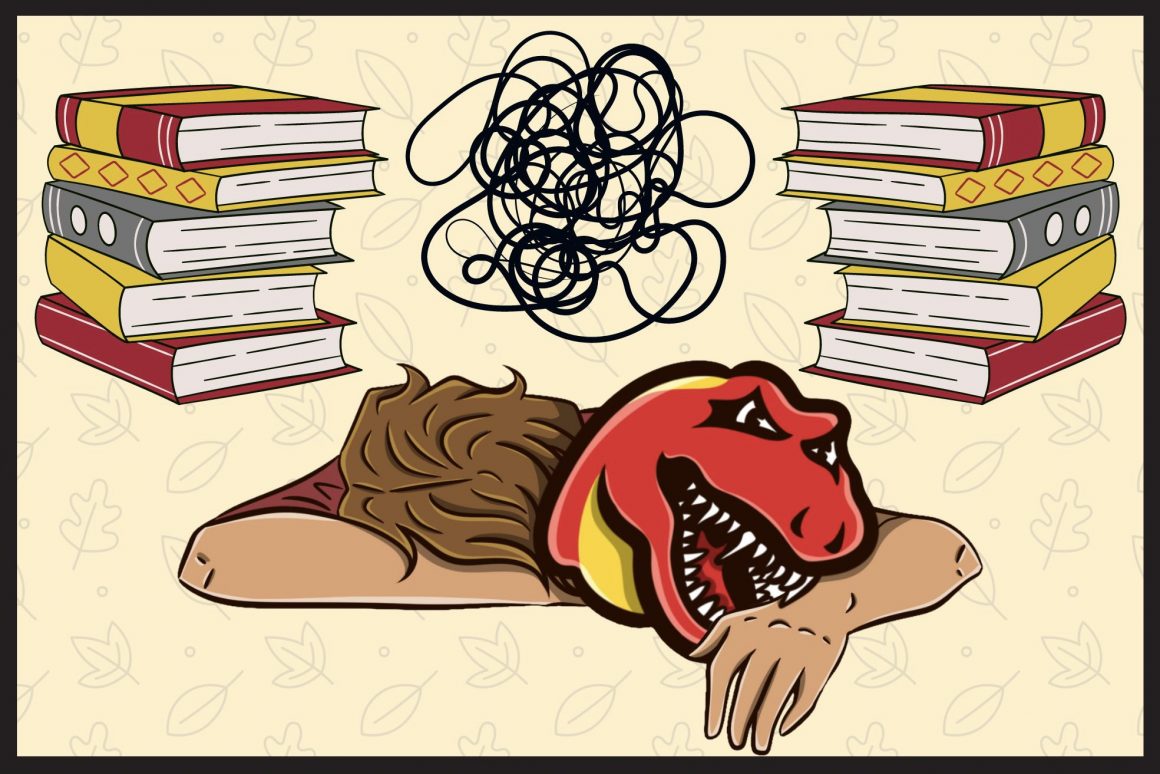
Student narratives on mental health: Growing as a new adult
By Heidi Curry, March 31 2025—
It was a few days after my seventeenth birthday, but unlike the years before, my birthday money from relatives wasn’t cash, but transferred into my very own debit card. I marvelled at it – instead of paying in cash, I could buy my snacks and books with a tap! I held it in pride when I went back to school and bragged a bit to my friends.
“That’s cool! So do you have a job too?”
I froze. While they meant well, in an instant, I went from feeling more grown-up than ever, proudly pulling my new debit card out of my wallet to pay for my pizza like an adult, to someone falling behind the rest. Seventeen was by no means an unreasonable age to have a part-time job.
This mish-mash of being a grown-up child would come and go, but was always in the back of my mind. I was seventeen and without my full permit, then nineteen and still barely knowing how to drive, relying on transit instead. I was uncertain of my ability to balance a part-time job with my schoolwork, and I didn’t have any good experience, so I put off serious job-hunting until very recently. I keep my mouth shut when I hear people talking about their work and hide the fact that I still have my learner’s permit. I know, deep down, that life is a marathon and not a sprint, but it’s still pretty discouraging being right in the middle, having moments where you think you’ve passed someone else only to find it was merely a dog-walker who stumbled their way in.
Notions of adulthood are changing; different generations have different ideas as to what age adulthood truly begins, or what milestones you should have achieved by a certain age. In contrast to the past, younger adults aren’t meeting the milestones set before us, and there are several factors to this. A poor economy and job market, minimum wages that don’t meet living wages, and lower mental health and motivation are all reasons someone may struggle to meet certain goals. Moreover, even older adults have expressed that no one really knows how to “adult” – everyone is making it up as we go along. Still, many people have felt like they are falling behind their peers, especially seeing them reach certain milestones, such as getting married, graduating, or having children.
As hard as it can be, young adults – myself included – must remember that the circumstances we are growing up in are not the same as our grandparents, or even our parents. Likewise, our priorities don’t have to align with what our parents wanted at our age, but setting our own goals and figuring out how to achieve them can ease the feeling of falling behind. In between the freedoms and responsibilities of being a new adult, a new consideration is emerging; the levels of each that we have, and that having more or less of either is not inherently bad.
As young adulthood – and to a greater extent, adulthood in general – is redefined, we must remember to focus on continuous growth and setting goals based on our own desires.
This article is a part of our Voices section and does not necessarily reflect the views of the Gauntlet editorial board.
